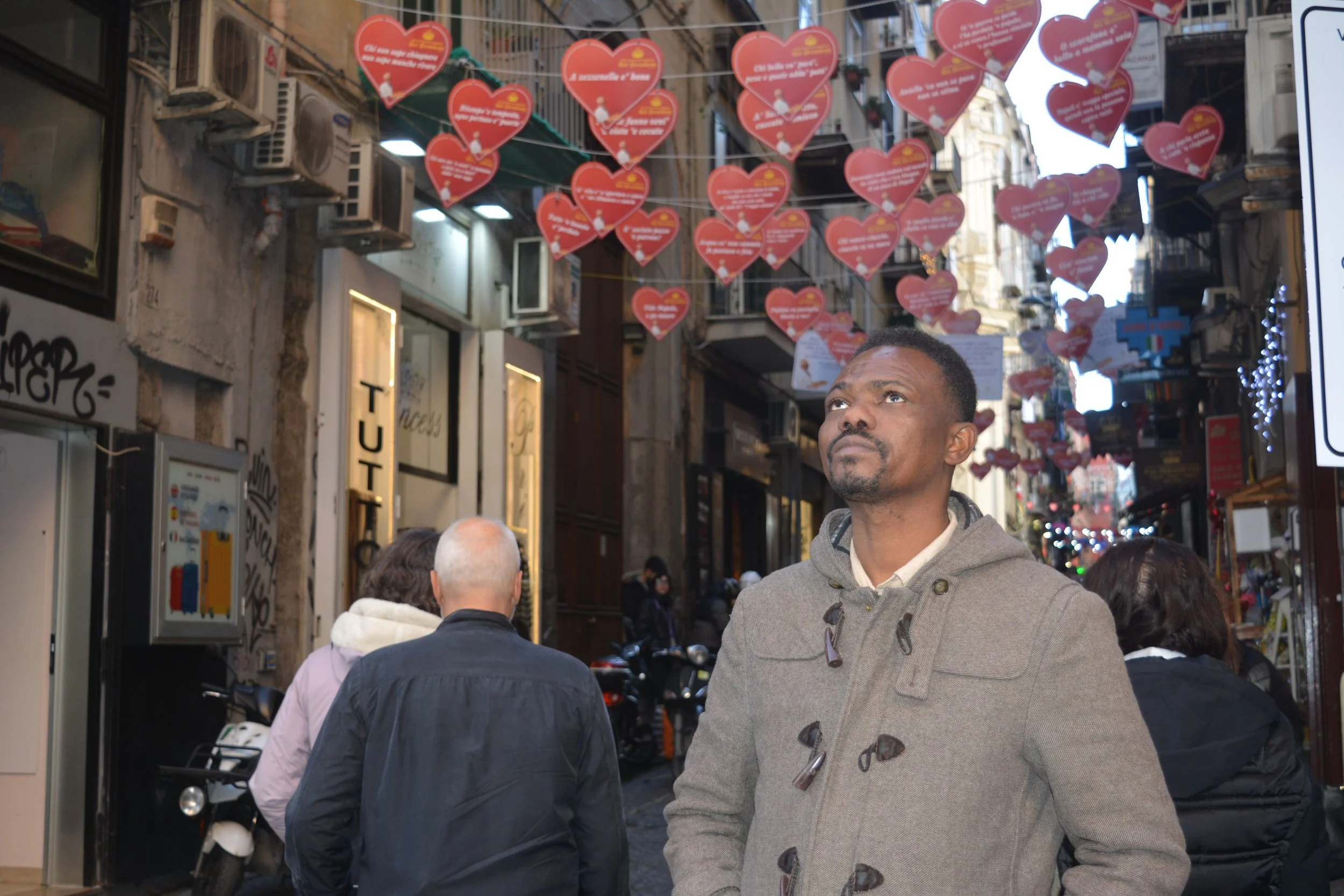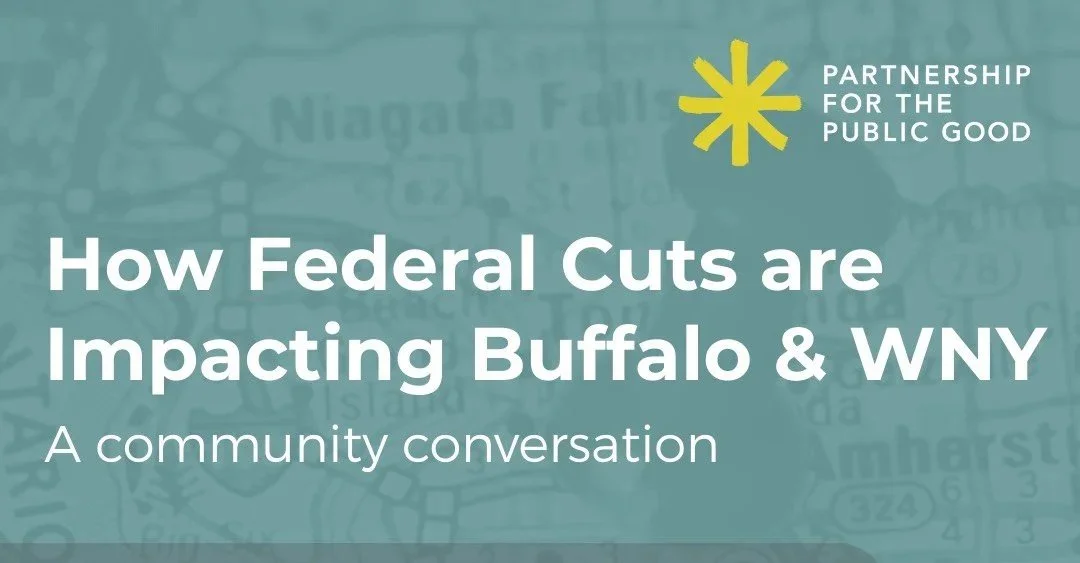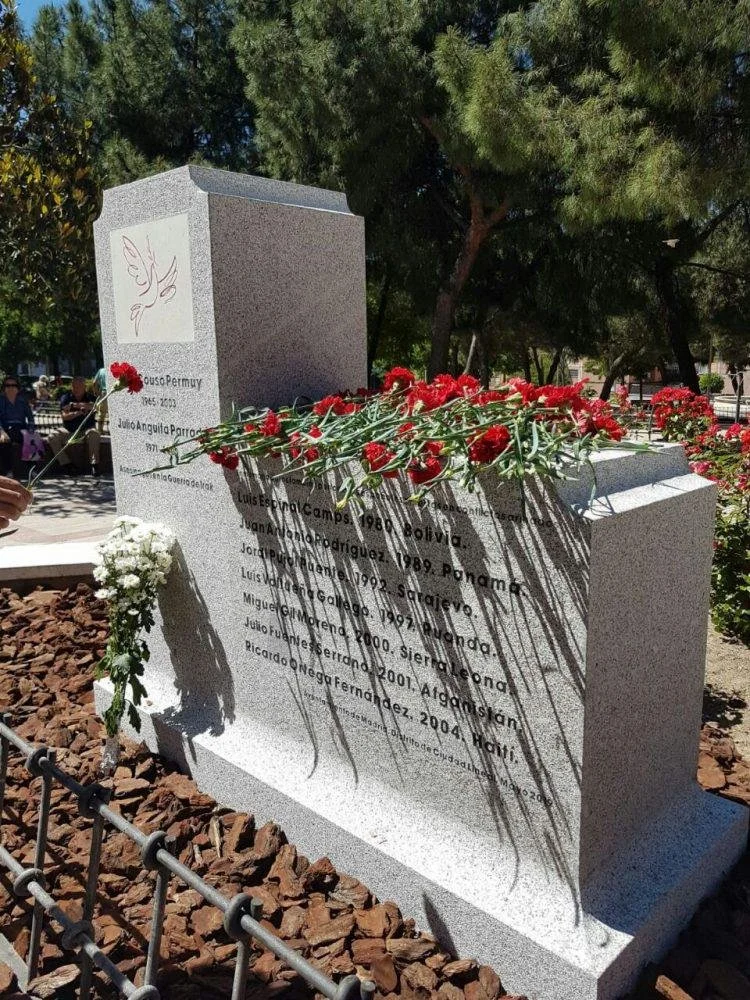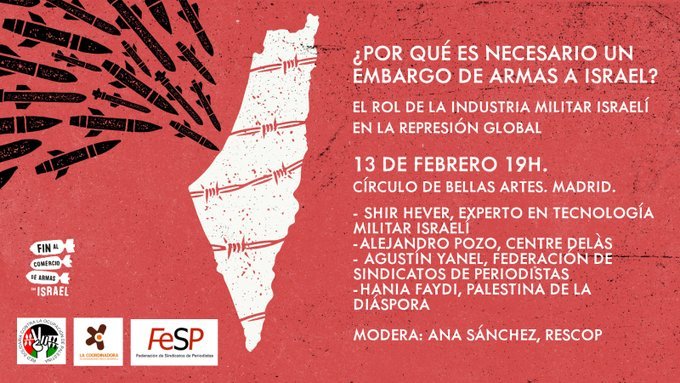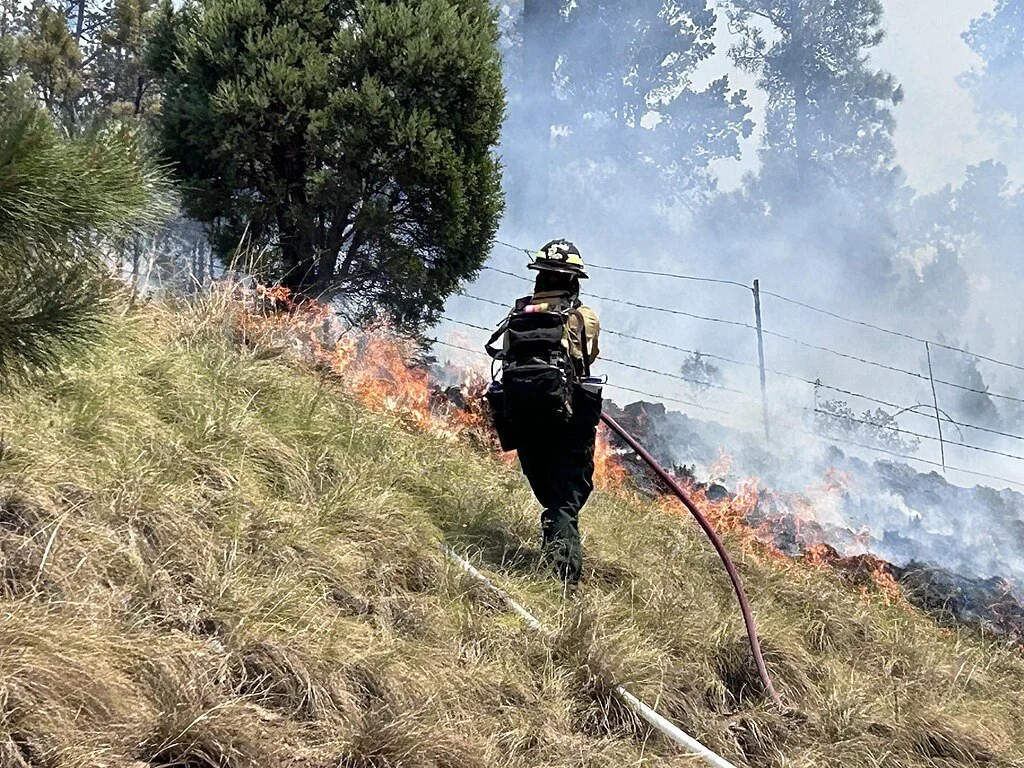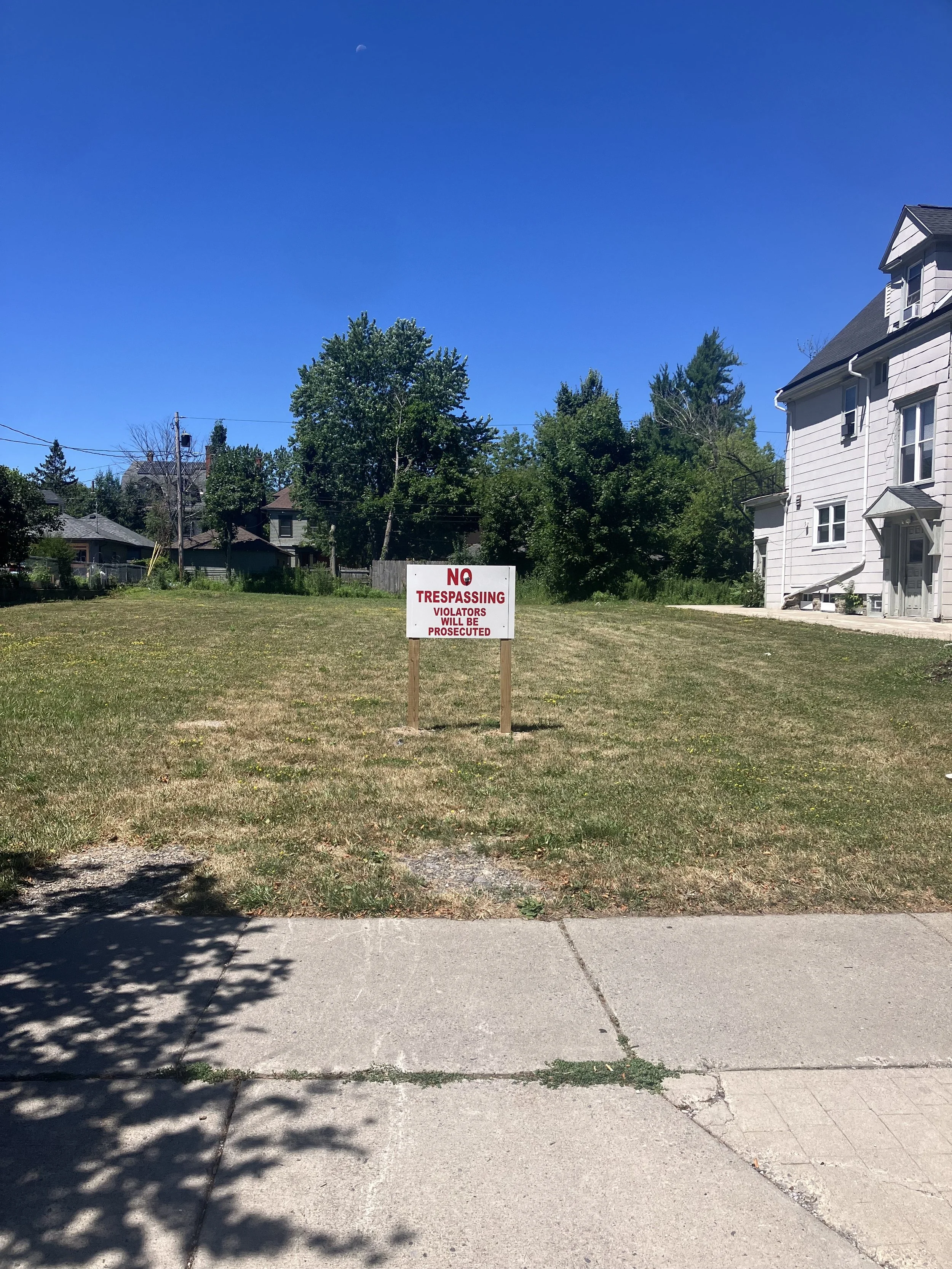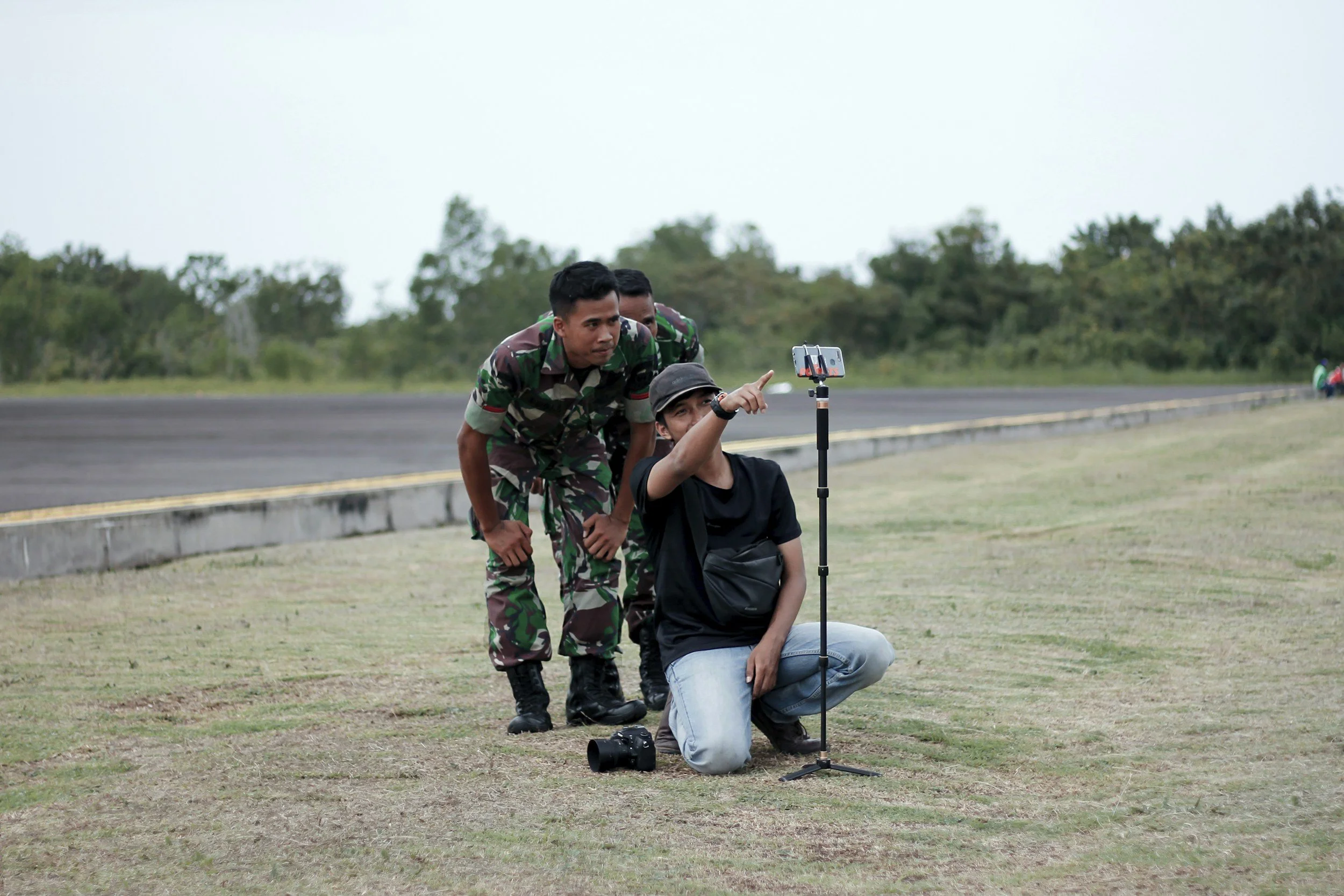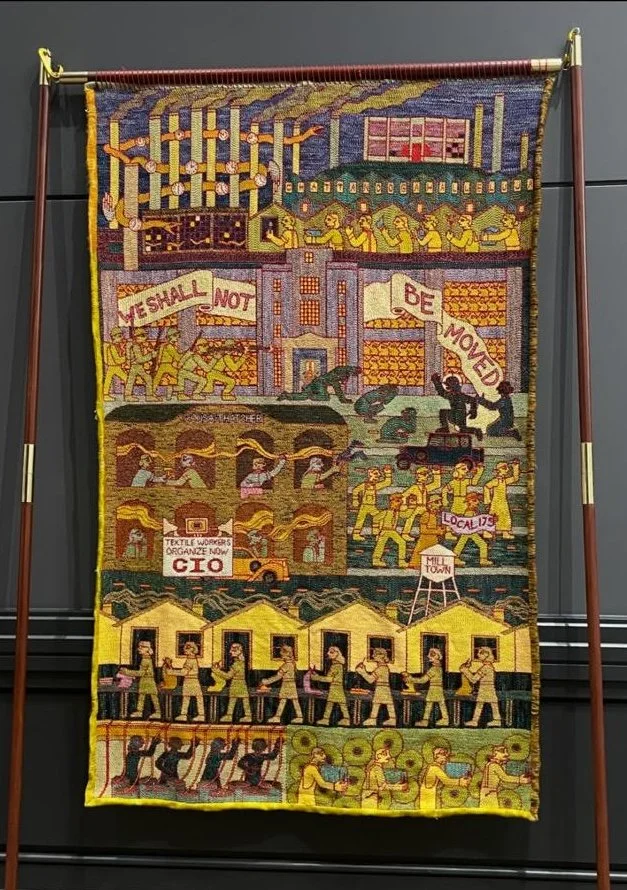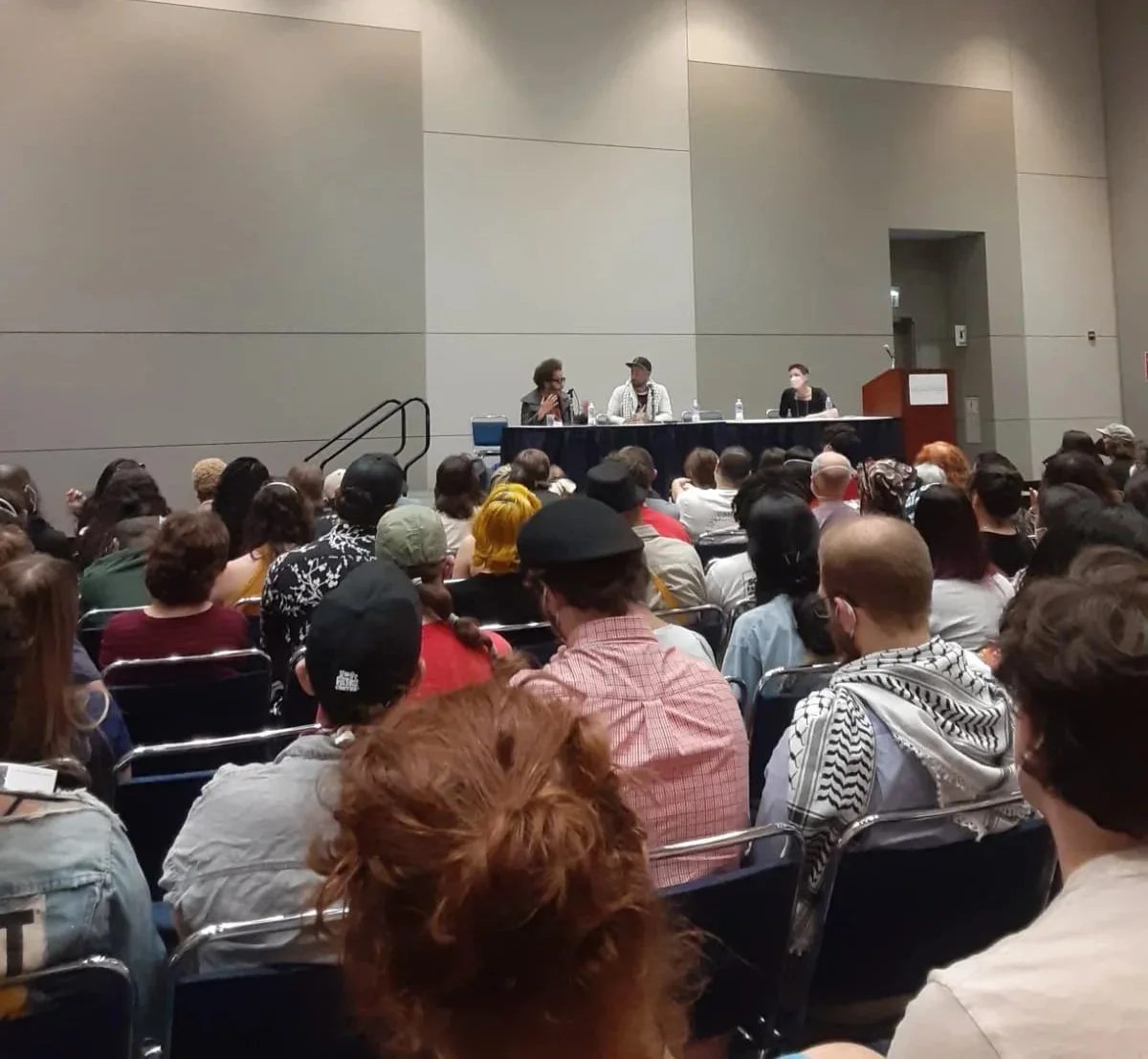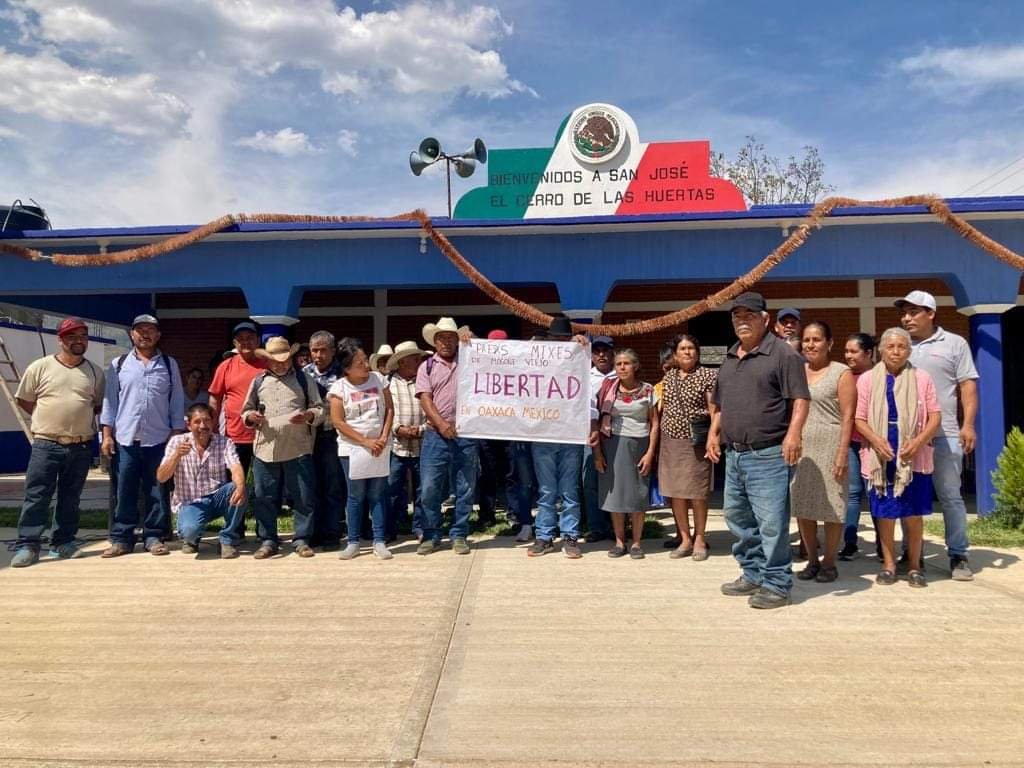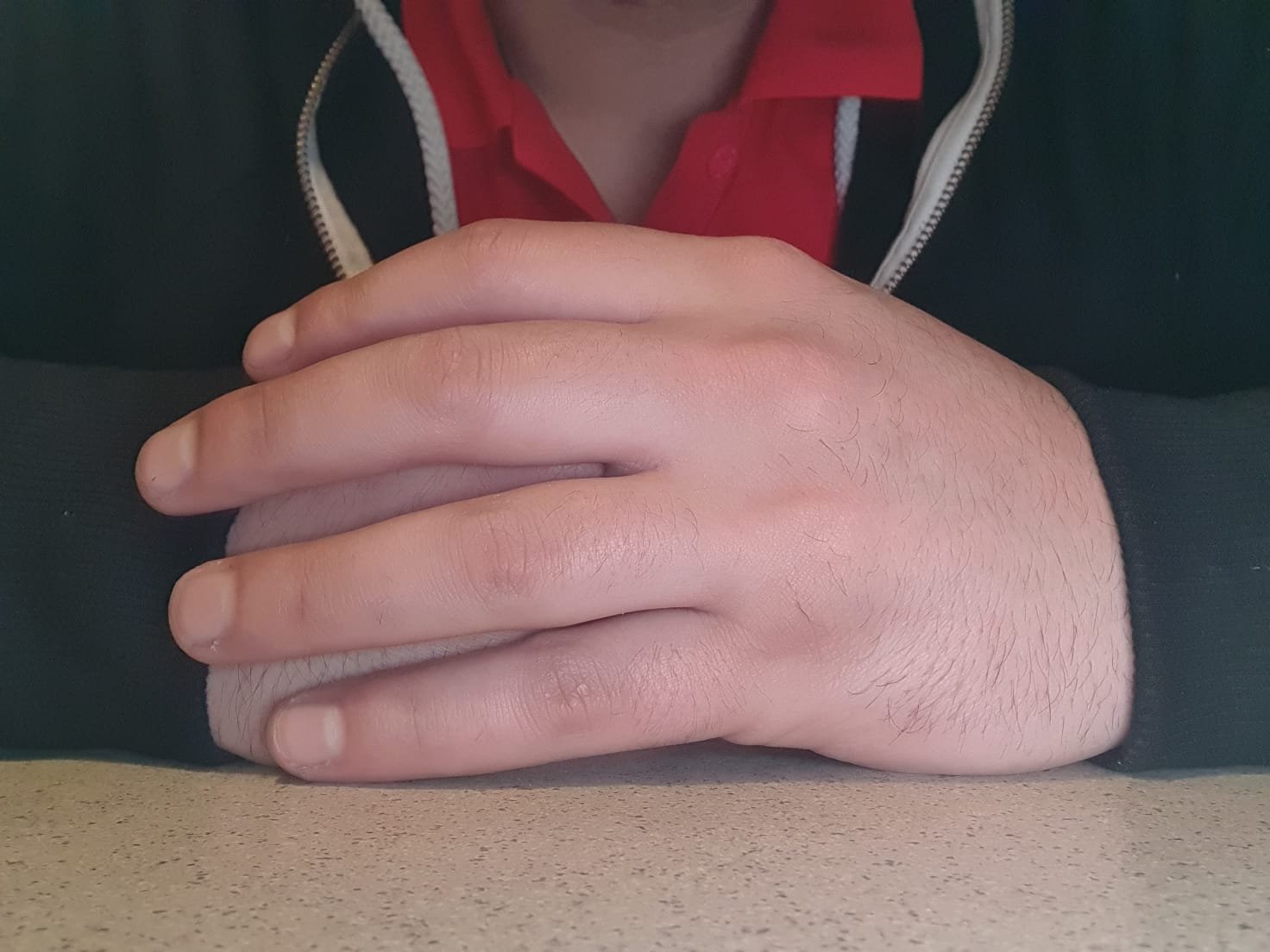
Stories
News
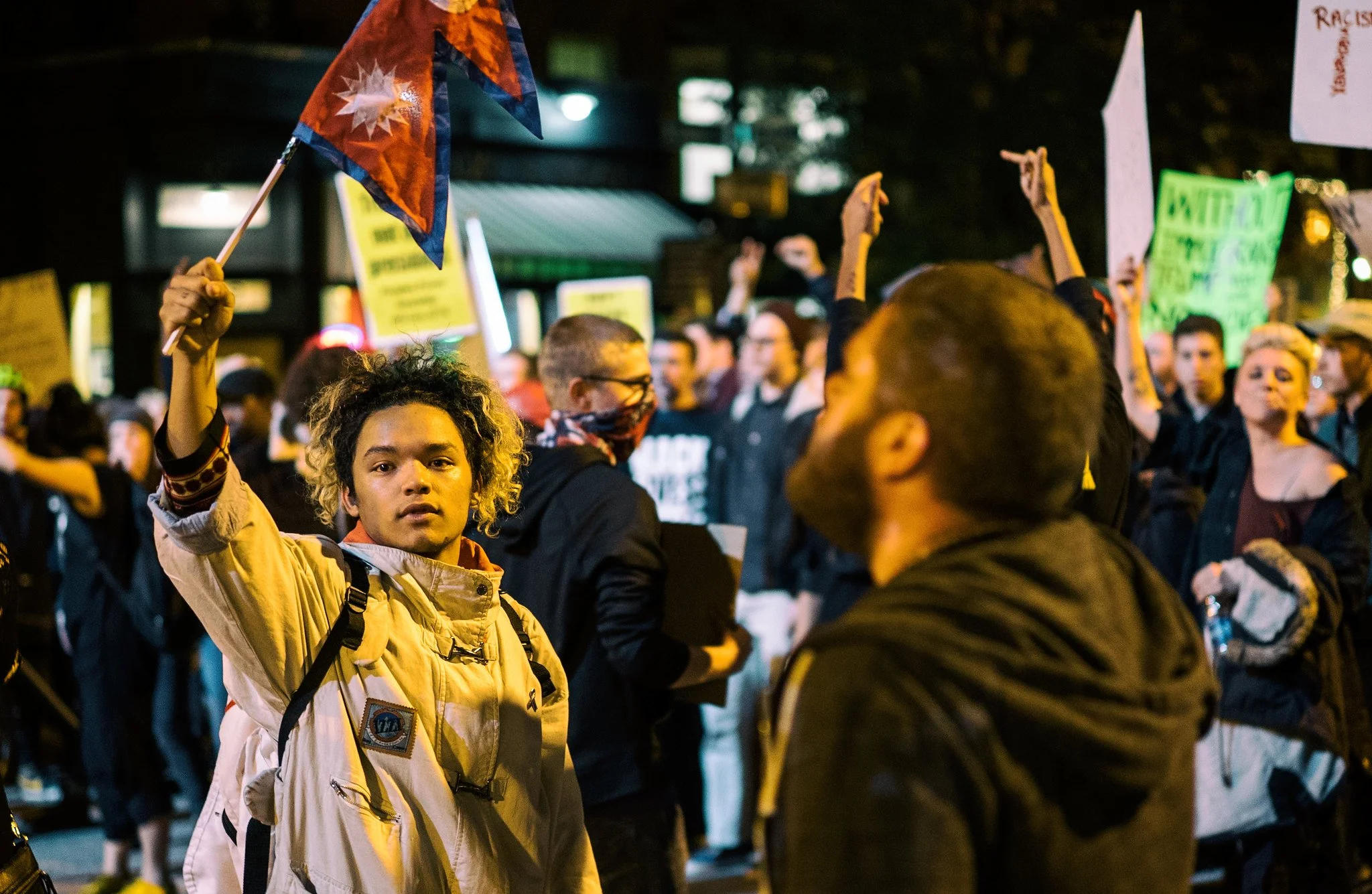
Analysis
Voices
Podcast
Announcements
Events

All Stories
Danish Energy Resilience: Local Decisions With Global Implications
While much of the world uses the energy crisis as an excuse to invest more in fossil fuels, the small country of Denmark has taken an alternative route. Through direct government action and promoting the adoption of renewable energy, Denmark is accelerating the achievement of its climate goals while breaking its dependence on Russian fossil fuel supplies.
Resistiendo “Proyectos de Muerte”: Entrevista con Carlos Beas Torres
Aquí presentamos una entrevista con Carlos Beas Torres de la Unión de Comunidades Indígenas de la Zona Nortel del Istmo de Tehuantepec (UCIZONI), una organización que ha resistido a CIIT desde su inicio, y que forma parte de la caravana “El Sur Resiste.”
Resisting “Death Projects”: An Interview With Carlos Beas Torres
The following is an interview with Carlos Beas Torres, a member of the Unión de Comunidades Indígenas de la Zona Nortel del Istmo de Tehuantepec (Union of Indigenous Communities from the North of the Isthmus or UCIZONIT), an organization that has resisted the CIIT since its conception and forms part of the “El Sur Resiste” (The South Resists) Caravan.
8M Demonstration in Madrid: Where Women’s Struggles Meet Workers’ Struggles
The color purple took over the main streets of Madrid. Thousands of women and allies holding up signs were waiting for the demonstration to begin. I have never seen so many people gathered together – people from all ages and backgrounds prepared for this rally to begin.
Alert: Repression and Eviction of the “El Sur Resiste” (The South Resists) Caravan in Guichicovi, Oaxaca
Translation of a statement issued on April 28 by the National and International Caravan “El Sur Resiste” (The South Resists) regarding the repression and eviction of the "Tierra y Libertad" (Land and Liberty) protest camp, which was located in the Mogoñe Viejo community, Huichicovi, Oaxaca. Mexico. Read the original Spanish statement.
Incendiary Commentary: The Ninots of Las Fallas, Valencia
A fiery tradition in Valencia, Spain, called Las Fallas is held annually from March 1 to 19. Festivities happen throughout the day and night, including firework shows like the grandiose and explosive Nit del Foc on March 18, which uses between two to 4.5 tons of gunpowder, and parades such as La Ofrenda and Mascleta. On March 19, the burning of freestanding doll-like figures called ninots, La Cremà, makes the city a chaotic playground that reflects upon social and political realities of the day.
“We’re trying to move a society”: Speaking Up For the Rights of Rivers in the North Country
“Rivers keep us alive and keep so many other living beings alive.” With those words, Blake Lavia, the President of Talking Rivers, welcomed more than 30 North Country community members to a wide-ranging discussion on a revolutionary idea: the Rights of Rivers. Held at Clarkson University on Earth Day (April 22), the event showcased the local and global momentum behind the idea as well as some of the key challenges facing those who would like the Rights of Rivers to become law across the St. Lawrence River / Kaniatarowanénhne and Adirondack Watersheds.
Gentrification and Resistance in Lavapiés
I was excited to learn more about this neighborhood and explore it myself. I come from a multicultural neighborhood in New York City, where my community is home to hundreds of immigrants. I was raised by immigrants myself, so I wondered if Lavapiés would remind me of home. However, the professor explained that there is a major problem occurring in Lavapiés: gentrification.
Remember the T in LGBTQIA+: Trans Community Faces Increasing Violence in Coastal Kenya
Recently Kenya has come into the global spotlight following the murder of fashion designer, model, and LGBTQIA+ activist Edwin Chiloba in a suspected hate crime in January 2023. However, there are LGBTQIA+ people in Kenya who rarely make it into the global and even national media spotlight - people like Wayne, a monitor with the Center for Minority Rights, who is working to protect and support LGBTQIA+ people in the coastal region of Kenya.
Sharks and Rays Belong on Australia’s Protected Species Lists
The Australian government has incorporated marine life into its Threatened Species Action Plan for the first time ever, but experts warn that the government's failure to address marine species and aquatic predators, such as rays and sharks, could threaten the entire ecosystem.
Lavapiés: The Perfect Place for Rebellion
Since January 2022, Spain, like much of Europe, has suffered a prolonged drought exacerbated by climate change. Luckily, activist groups such as Extinction Rebellion are paving the way for a revolution to fight the destruction caused by our inaction against climate change. Recently I came across some of Extinction Rebellion’s powerful visuals while walking through the Lavapiés neighborhood in the Spanish capital, Madrid.
NPR’s Celebration of German Public Memory: A Study in Colonial Amnesia
By acknowledging only the Jewish victims of the Holocaust, Martin and Smith’s conversation actually illustrates the failure of Germany to be “honest about its past harms.” For example, there is an urgent need to overcome the collective denial surrounding Germany’s history of colonization and genocide.
Criminalizing Solidarity: The Eternal Fascist Playbook
Here’s the thing: Fascists hate solidarity. At a minimum, they want you to laugh at people who embrace the solidarity impulse and who act accordingly. At a maximum, they want you to support the criminalization and violent suppression of this impulse. What this means is that acting out of solidarity is a fundamental part of the larger project of fighting fascism - a project whose global urgency is growing by the day.
Agroforestry: A New Restoration Horizon for Brazil's Most Degraded Forest Biome
In biomes hurt by urban sprawl and agricultural advancement, understanding the potential of solutions that integrate human and agricultural systems will help bridge the well-being of the population and the environment. That is why agroforestry has attracted the attention of farmers, researchers and policy makers in the last decade as a new horizon for forest conservation in tropical regions like the Atlantic biome.
“We are More”: Public Art With a Purpose
“Phingbodhipakkiya’s art encourages you to stop and reflect. The public nature of her eye-catching work encouraged me, and likely thousands of others walking down the crowded NYC streets, to consider individual and collective attitudes towards specific societal groups. It calls out double standards when it comes to appropriating a culture instead of appreciating it.”
His Journey: From Syria to Denmark and Uncertainty
Ahmed Ibrahim, a 24-year-old man from northern Syria, arrived in Denmark in August of 2017 during the Syrian Civil War. His experience as a refugee, his perseverance, and his willingness to tell his story are true signs of resilience.
Migration in Denmark: Context and Current Debates
In her first article for our Weaving the Streets series, Janeil Speid reports on the complicated history and current reality of immigration in Denmark, where the country’s liberal image sits uneasily with a reality of hostility toward some of the country’s newest immigrants.
The Struggle for Quality Employment in the North Country: Beyond Prisons and the Military
In this article, I wanted to go beyond simply presenting statistics to illustrate the extent of unemployment or economic insecurity in the North Country. I thought it was important to discuss how dependence on the military-industrial complex and the prison-industrial complex make the region's economy vulnerable, negatively impacting workers and their families.
The Myth of Responsible Mining Debunked: Venezuela’s Orinoco Mining Arc
n 2016, Venezuela’s government designated the Orinoco Mining Arc for extractive activities. What is allegedly envisioned as a development zone, meant to increase the mining revenue of the nation, is in fact an epicenter for human rights violations, illicit mineral extraction and ecocide. However, the authoritarian Maduro regime continuously denies and distances itself from these crimes. As this analysis shows, in officialist Venezuelan media outlets, many things are left unsaid regarding this highly contested territory.
Why Do People Do Graffiti?
According to Art Journal, “there are many possible purposes for graffiti: it can be to tell a story, highlight a certain moment in time where things went wrong or right, describe people, politics, culture, art, places and society together; express yourself anonymously, or just be another art form.” However, that is only a partial answer. The actual reason why people do graffiti is much more complex and involves learning a bit of history —making it impossible to summarize in one sentence.

